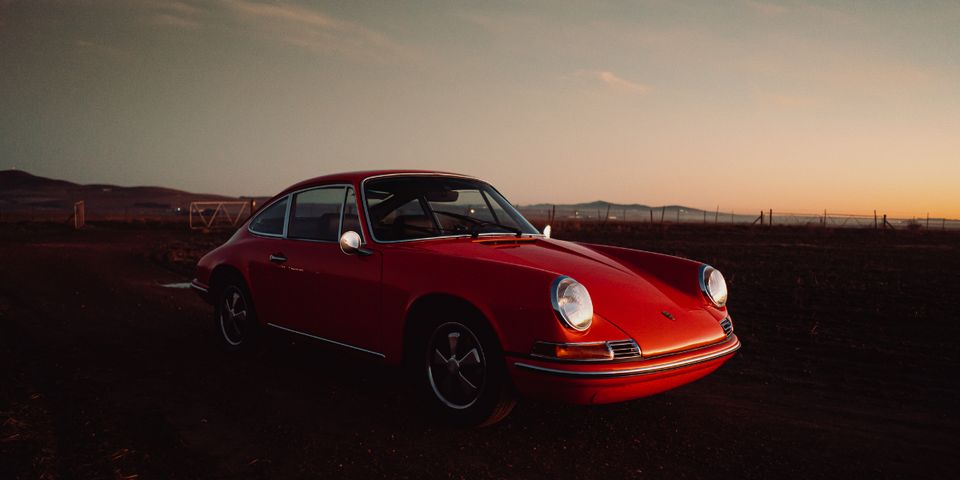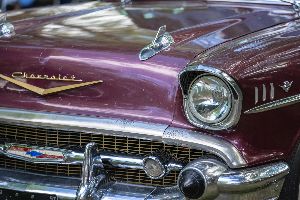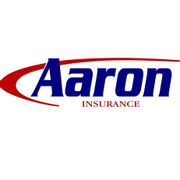
Whether it's a sporty 1960s Ford Mustang or Chevy's wildly popular Bel-Air during the mid-1950s, classic cars continue to attract enthusiasts from all walks of life. These vintage beauties harken back to capturing life at the time when these roadsters were everywhere. If you're considering investing in one or are a new owner, having the proper car insurance in place is a must to protect them from the unexpected. Here is what you need to know about securing coverage.
Classic Car Insurance Versus Conventional Auto Insurance
The key distinction between the two is what is known as agreed value coverage. With classic car insurance, the vehicle's owner and the insurance company agree on the car's financial value as determined by a professional appraiser. This amount will be the coverage amount. The maximum payout won't decrease over time. In fact, the car's value may increase as it ages. If this occurs, the policyholder may want to adjust the agreed value coverage.
With conventional auto insurance, a vehicle's value is determined by the insurer. Most carriers will assess financial worth based on factors such as comparable models and what repair costs would be if the car is involved in an accident.
Different Types of Coverage

Classic car insurance carriers provide policies that are available with conventional coverage, including liability, personal injury protection (PIP), comprehensive and collision, and uninsured/underinsured protection. However, there are additional coverage types that are designed to accommodate the unique needs of a vehicle that is several decades old. For example, the increased replacement cost policy pays for the difference between the agreed value coverage and any car value increase.
Another common policy addition known as "no attendance required" provides coverage while the owner is away from their classic car as it's on display at auto shows. There is also auto show medical reimbursement that pays for medical expenses if someone is injured at an event where the car is present. Individuals can also secure spare parts coverage to pay for theft or damage to these items. In addition, there is a cash settlement option that allows policyholders to receive a cash payment instead of using it for repair or replacement costs if the car is stolen or totaled.
Qualifications For Insurance Coverage
Most classic car insurance companies require the vehicle to be at least 25 years old to qualify for coverage. Modified cars, which are those that have undergone significant alterations to the body, engine, chassis or interior from the original condition, are also eligible. Muscle and exotic cars as defined by the carrier can qualify as well.
The vehicle must also be in working and good condition and not used for daily commuting -- with mileage generally capped at 7,500 annually. Classic cars can not be used for racing and must be parked in a secure garage or other fully-enclosed space.
Finally, the owner may also need to meet certain qualifications to be eligible for coverage. These include being at least 25 years old, having a good driving record, and at least five to 10 years of driving experience. There may also be a limit on the number of moving violations and at-fault accidents over a certain time period. Classic car owners might be required to use another vehicle for daily commuting to work, school, and other common destinations.
When it comes to classic car protection, Aaron Insurance Agency specializes in providing reliable and customized coverage. Based in Dothan, AL, the independent firm partners with some of the industry's leading carriers to bring clients policies that will deliver comprehensive safeguards in a wide range of scenarios. You can also count on the team of professional agents for expertise, clear communication, and personalized care. To learn more about classic car insurance, call (334) 712-0777. You can also go online to request a no-obligation quote.
About the Business
Have a question? Ask the experts!
Send your question

